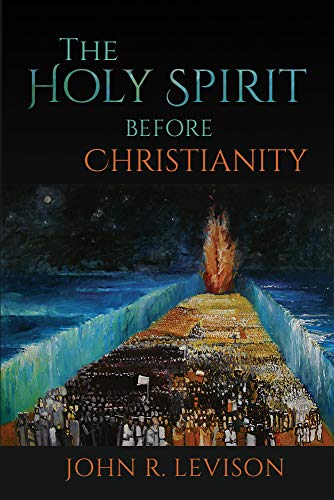
The Holy Spirit Before Christianity PDF
256 Pages·2019·2.7299 MB·other
Most books are stored in the elastic cloud where traffic is expensive. For this reason, we have a limit on daily download.
Preview The Holy Spirit Before Christianity
Description:
The Holy Spirit has long been considered the exclusive possession of Christianity. The Church's trinitarian creeds exert a great influence, carefully and precisely defining the Holy Spirit in specifically Christian terms. But history isn't always so tidy. In The Holy Spirit before Christianity, John R. Levison leads readers back five hundred years before Jesus Christ and the church, back to the period of Israel's sojourn in Babylonian exile and their return to the land of promise. Levison argues that this crucial juncture in Israelite history witnessed unprecedented theological development that did not merely set the stage but even anticipated later Christian expressions of the Spirit. The prophet Haggai and the author of Isaiah 56-66, in their search for ways to grapple with the tragic events of exile and to articulate hope for the future, took up old exodus traditions of divine agents--pillars of fire, an angel, God's own presence--and fused them together under the language of God's Spirit. Since it was the Spirit of God who led Israel up from Egypt and formed them into a holy nation, now, the prophets assured, the Spirit of God would lead and renew those returning from exile. The revolutionary notion of God's Spirit, as expressed in Haggai and Isaiah, originated a full millennium before the era of the church councils that defined the Spirit's personhood and role in Christian faith. The insights of this book demand a full investigation--and reformation--of the origin and shape of our understanding of the Holy Spirit.
See more
The list of books you might like
Most books are stored in the elastic cloud where traffic is expensive. For this reason, we have a limit on daily download.
